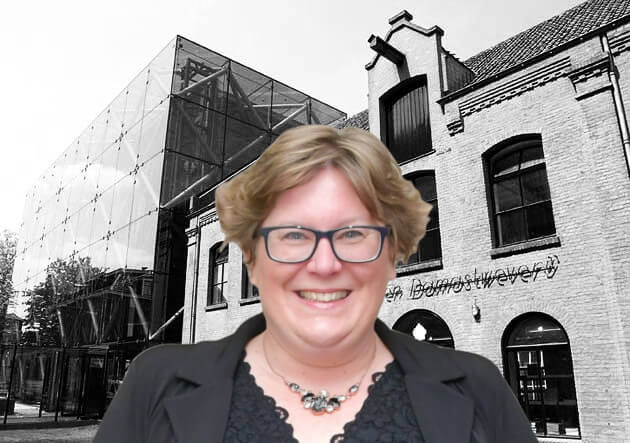
In the Netherlands, we are in the midst of the firestorm of 2021: A prime minister who lies. Now I don’t think anyone was surprised by the fact that the prime minister lied, but more by the fact that the lie was so publicly exposed. Mr. Rutte, by the way, did not call it lying, but ‘misremembering’. For the rest of the Netherlands, it was plain and simple lying. And because the issue was not properly resolved, it continues to fester.
Lying at the highest political level is more common. Bill – “I did not have sexual relations with that woman” – Clinton was good at it. And Trump certainly lied 15 times a day – in 4 years, that added up to more than thirty thousand lies. Big companies are good at it too. The Volkswagen emissions scandal involving the tampering of software is, of course, a superb example of clever lying and cheating.
Research shows that people who earn well above the average income are more likely to lie and cheat: people from the ‘upper class’ are much more likely to break traffic rules, make unethical decisions, lie more often at the negotiating table and cheat when it can bring them financial gain. Well, you don’t get rich by magic. As an explanation for the lying and cheating by the wealthy, the researchers say that this economic class is relatively independent of others. Lies are therefore less risky for them. In other words, people at the top experience fewer barriers than it comes to telling lies.
Invisible princess
That barrier to lying triggers me. In the wonderful documentary The story of God’, Morgan Freeman shares in the episode “Why does evil exist?” the story of an experiment that I just can’t seem to shake off. Freeman wonders if you can ward off evil without the threat of hell or a devil, without the threat of punishment. In the search for an answer to that question, he stumbles upon the work of psychologist Jesse Bering.
Bering has children do an almost impossibly difficult task: Throw velcro balls onto a dartboard while standing from a distance at the back of a room. He leaves the children alone in the room and observes whether the children will cheat. Most of the children do indeed cheat, probably because there is a nice prize to be won. With another group of children, he puts a chair in the room and tells the children that an invisible princess is sitting on that chair. Because the children now think there is someone in the room, they suddenly stop cheating. In other words, the presence of an invisible princess is enough of a barrier to stop them from lying and cheating. Let’s give such an invisible princess a seat at the ministerial table!
In a completely different study, scientists asked themselves what you should do after you have told a lie or in some way broken another person’s trust. Do you then win their back trust by saying sorry? The born researcher in me finds that research question in itself hilarious. While the pragmatist in me relishes the research result, which can be applied in practice: You should say sorry if the issue arose from a lack of competence (but not from a lack of integrity!) or if the evidence is overwhelming. With Rutte, the latter was obviously the case.
Trustworthiness above success
Incidentally, we are not keen on cheating at all. As a matter of fact, research I conducted myself, and which was recently published in Frontiers in Psychology, revealed that when it comes to a business partner, we prefer trustworthiness above success. Try to imagine what that means: Trustworthiness above success. A society that can rely entirely on trust, that’s like a dream come true, right? By the way, a society that is able to rely on trust also saves lives.
A few days ago, I attended a lecture by Nobel Prize winner Esther Duflo, the youngest winner of the Nobel Prize ever. She showed how in societies where there is less trust in the government, more people die of corona, because the general public is then less likely to follow the rules. So right now, trust in political leadership is more important than ever! It is even vital. Mr Rutte, there is work to be done! And from now on, just say sorry a little earlier….
About this column
In a weekly column, alternately written by Eveline van Zeeland, Eugene Franken, Helen Kardan, Katleen Gabriels, Bert Overlack, Weijma, Bernd Maier-Leppla and Colinda de Beer, Innovation Origins tries to find out what the future will look like. These columnists, occasionally supplemented by guest bloggers, are all working on solutions in their own way on the problems of our time. So that tomorrow will be good Here are all the previous articles.







